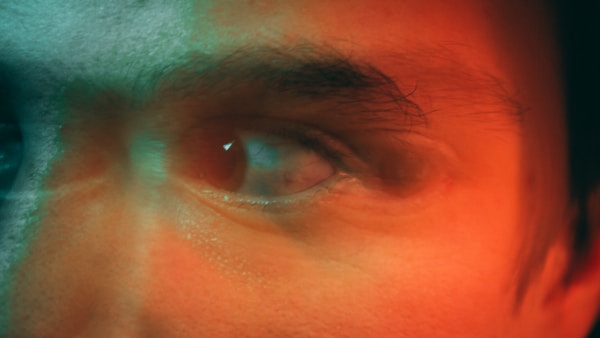Many people don’t understand what dissociation is and assume that it is the same thing as schizophrenia or a mental disorder. However, dissociation is a natural response to overwhelming or traumatic situations. It is a way for the mind to protect itself from reliving a traumatic experience.
Dissociation can cause people to feel detached from their bodies, emotions, or thoughts. They may feel like they are watching themselves from the outside, or like they are dreaming. They might ask themself, “Why do I keep zoning out?”
Experiencing Symptoms of Dissociation

Dissociation can be a very distressing experience. It can cause people to feel out of control, confused, and alone. People who dissociate often feel like they are “going crazy”. They may find it difficult to concentrate or to remember things. They may also have trouble sleeping, or experience nightmares.
Dissociation is a common response to trauma. It is a way for your mind to protect you from the trauma by separating yourself from it. This can be helpful in the short term, but if it persists it can be very distressing.
If you are experiencing a lot of dissociation, it is important to seek out help from a therapist or counselor. Some therapies can help you learn to manage your dissociation. It is also important to remember that you are not going crazy and that you are not alone in your experience. Many people understand what you are going through, and can offer support.
When Dissociation Becomes Chronic

Dissociation can be a very helpful coping mechanism, but when it becomes a chronic problem it can be very debilitating. Some people with chronic dissociation may find it difficult to concentrate or focus on anything. They may also have a hard time forming and maintaining relationships because they feel like they are always disconnected from those around them.
There are many potential causes of chronic dissociation. In some cases, the cause may be unknown. Some common causes of chronic dissociation include:
- Traumatic experiences
- Death of a loved one
- Serious health problems
- Witnessing violence
- Living in a dangerous or traumatic environment
- Having a parent with a mental illness
- Having a parent who is addicted to drugs or alcohol
- Being separated from one or both parents at a young age
- Being a victim of or witnessing a crime
- Having a mental health disorder, such as PTSD, bipolar disorder, or schizophrenia
- Taking certain types of medication, such as antidepressants or anticonvulsants
For people with chronic dissociation, it can be a challenge to feel like they are living in the present. Everything feels like it’s happening to them in a dream-like state, and they may feel like they are constantly watching themselves from the outside. This can be a very lonely and isolating experience.
There are ways to cope with chronic dissociation. Some people find that therapy can be helpful, as can mindfulness and meditation. It’s also important to find healthy ways to cope with stress and anxiety. Some people find that exercise or journaling can be helpful. It’s important to find what works for you and to be gentle with yourself.
If you are experiencing chronic dissociation, it is important to seek help. Many therapies can help you manage your dissociation, including cognitive behavioral therapy, exposure therapy, and dialectical behavioral therapy.
In any form, dissociation can be a very frightening experience. It can feel like you are disconnected from yourself or the world around you. You may feel like you are watching yourself from the outside, or like you are in a dream or a nightmare. You may feel like you are not really in control of your own body or mind. However, it’s important to know that dissociation does not mean you’re “crazy.” On the contrary, this is a natural response that can be managed with proper treatment.


